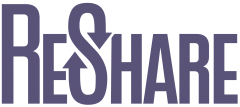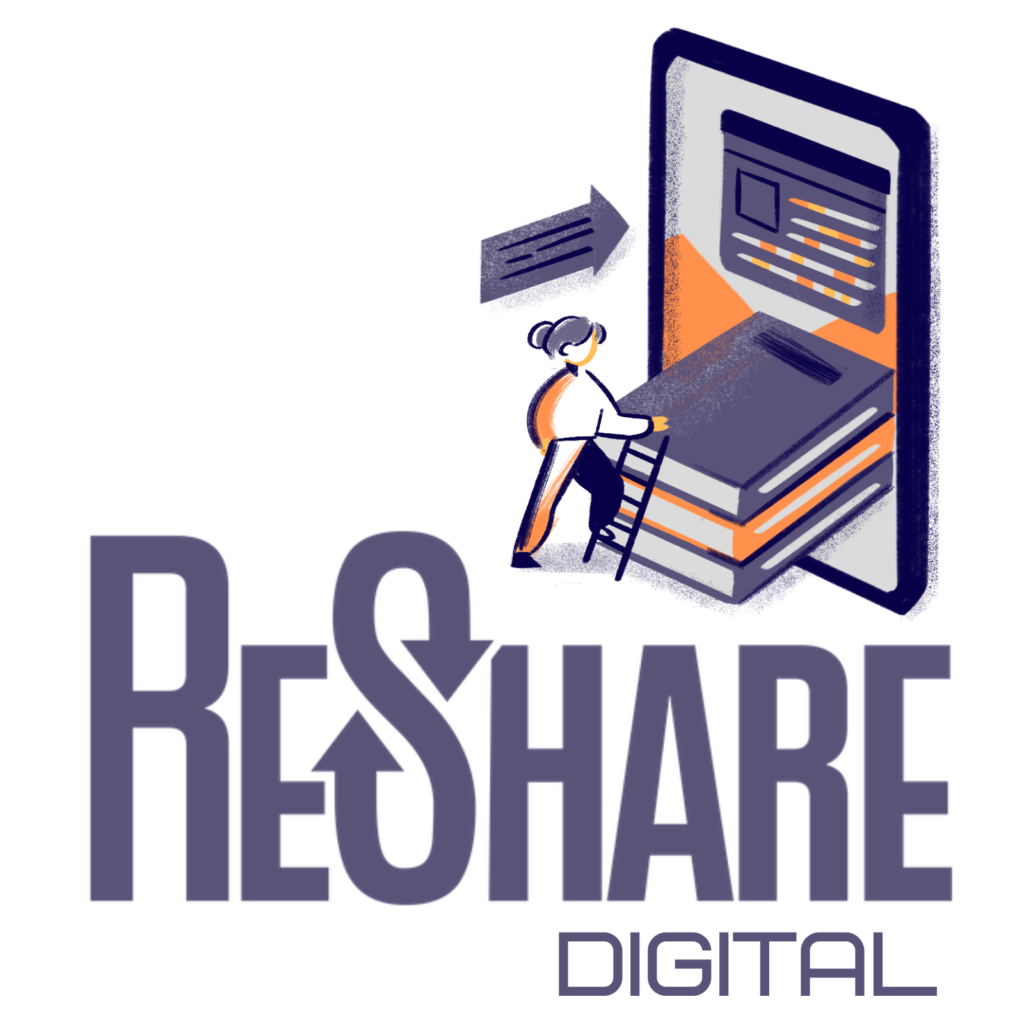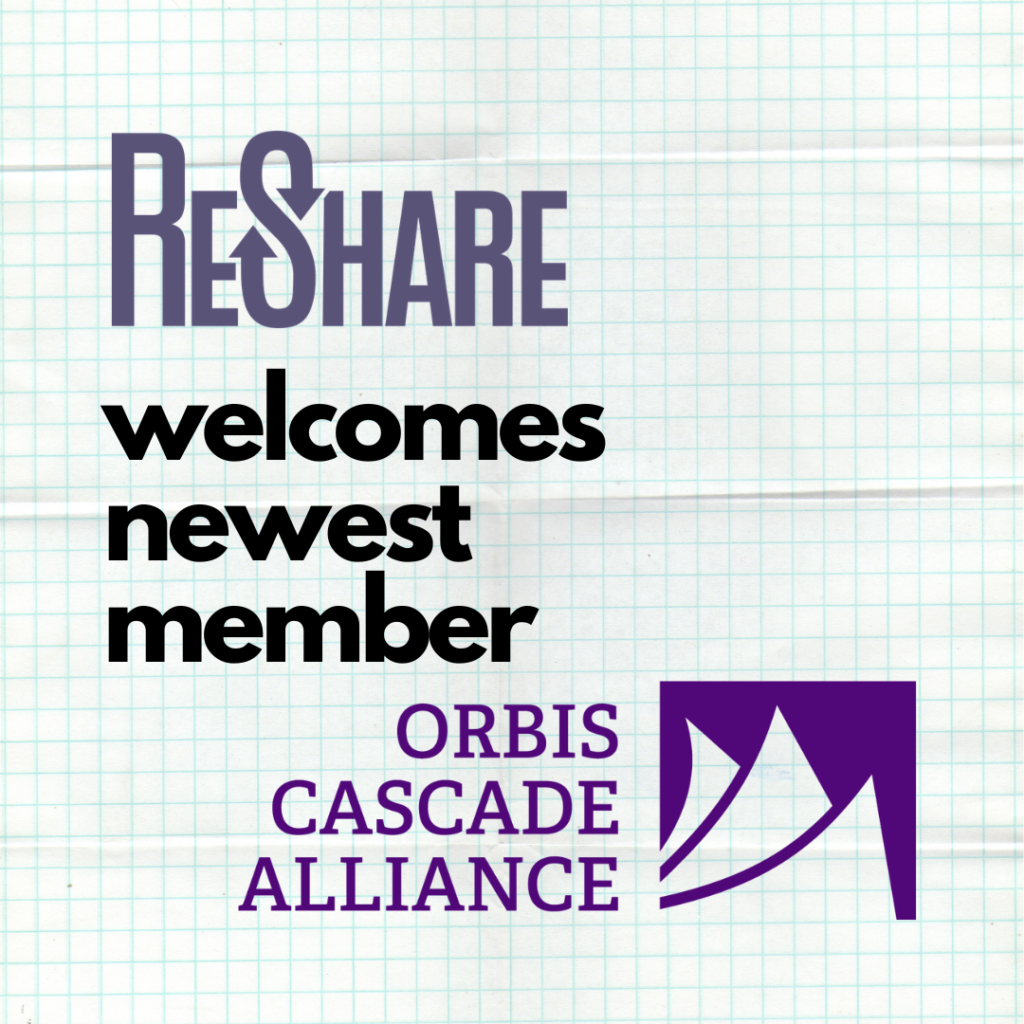We are very pleased to announce the election of two new members and two new officers to the Project ReShare Steering Committee. These new additions bring valuable expertise and leadership, which will help guide the project in the coming year and support its ongoing growth and sustainability.
New Members:
Claire DeMarco currently serves as Associate Vice Provost for Operations at the University of Pennsylvania, where she leads efforts to integrate advanced technologies and sustainable practices across all facets of library operations, including preservation, acquisitions, access, and licensing, circulation and resource sharing, technical services and the stewardship of the Libraries’ high-density storage facility, LIBRA. In joining the ReShare Steering Committee, Claire brings a passion for innovation and engagement, a background in community-supported software solutions, and a commitment to connecting library patrons to the resources and information they seek.
Ian Bogus has served as the Executive Director of ReCAP since November 2017 where he is responsible for the operations of a small but close-knit consortium. In this role, Ian has concentrated on novel library storage opportunities, a large shared collection, and other collaborations between its partner institutions. BorrowDirect, a resource sharing network formerly part of the Ivy Plus Library Confederation, found a home at ReCAP in July 2025.
New Officers:
Clara Fehrenbach (co-chair) is the Document Delivery Services Librarian at the University of Chicago, where she oversees resource sharing and course reserves. Deeply engaged in the resource sharing and open source library communities, Clara has been actively involved with Project ReShare since 2019, serving on various iterations of the product and communications committees, and was elected to the Steering Committee in 2024. The University of Chicago successfully implemented ReShare with BorrowDirect in 2022. As co-chair, she brings leadership grounded in practical experience in resource sharing and a focus on extending and enhancing ReShare.
Isaac Gilman (treasurer) is the Executive Director of Orbis Cascade Alliance, where he is responsible for leading and empowering the Alliance central staff; for the implementation of the strategic goals, policies, and financial and administrative functions of the Alliance; and for partnering with the Board of Directors and member library leaders to define and realize the Alliance’s intended impact. Prior to joining the Alliance in 2023, Isaac worked in a variety of roles at Pacific University, starting in Access Services and most recently serving as Dean of University Libraries for eight years.
We also thank our outgoing Steering Committee members, Ginny Boyer and Kristin Calvert. They were instrumental in moving the Project forward, and we are especially appreciative of their dedication to the project and many hours of thoughtful work.
We are grateful for the service and dedication of all our committee members, both past and present, especially acknowledging the continuing Officer service of Charlie Barlow from the BLC (co-chair), and Gerri Moeller from Minitex (secretary), as well as other continuing SC members.
Our new Steering Committee brings experience, enthusiasm, and fresh perspectives that will continue to advance ReShare’s mission. We look forward to a future of collaboration and success, and if you have any questions or would like to get more involved in ReShare yourself, email us!




